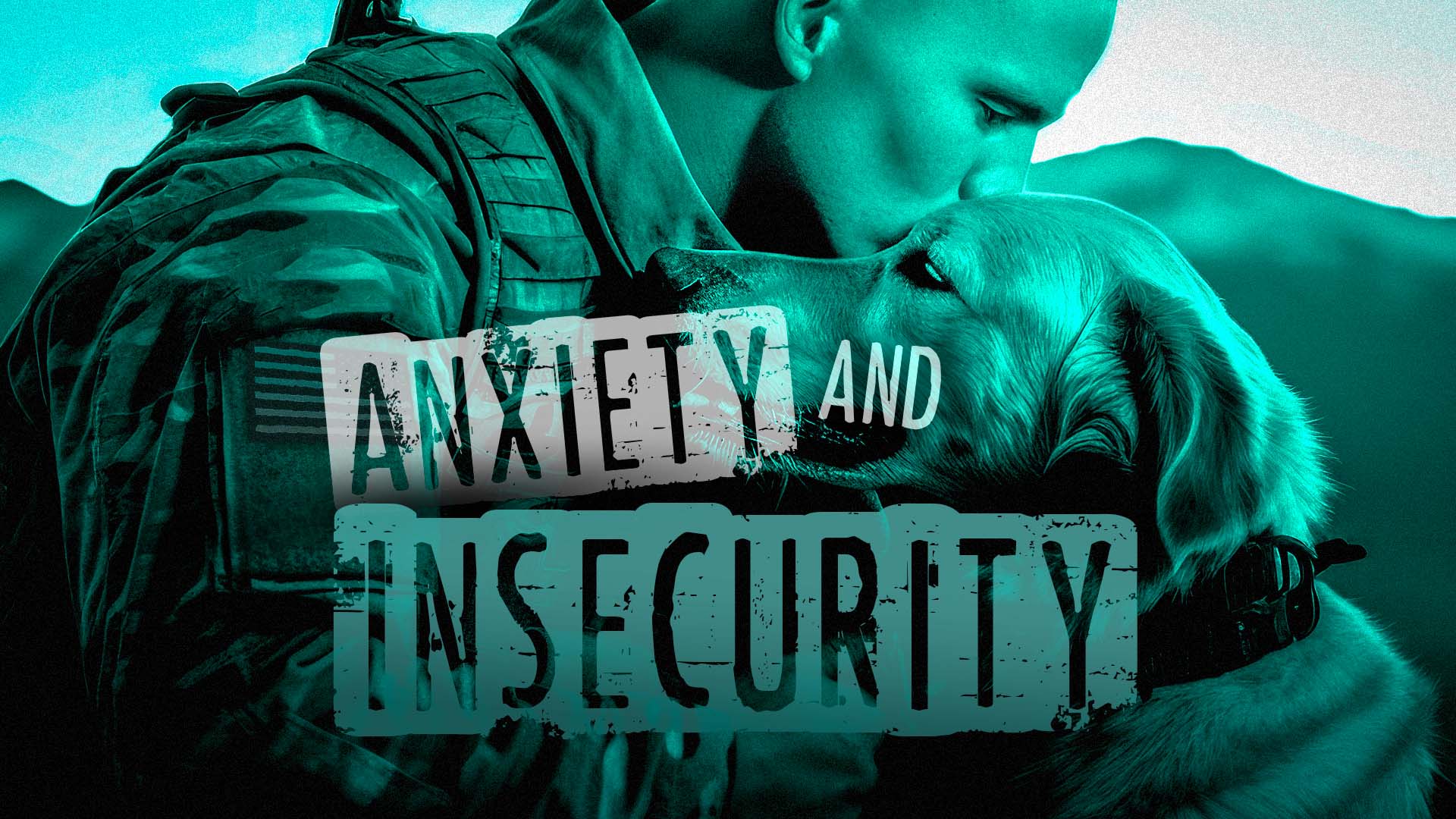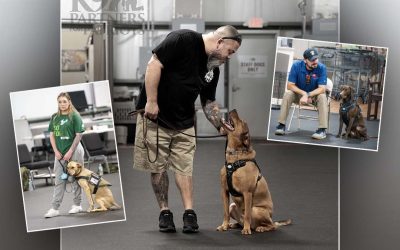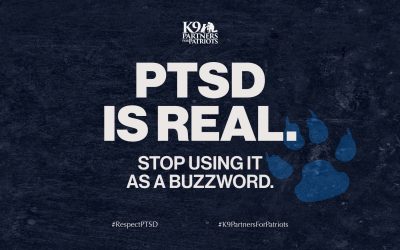For many veterans, returning to civilian life means facing the lingering effects of Post-Traumatic Stress Disorder (PTSD). This condition often brings with it a pervasive sense of anxiety and insecurity that can make everyday life challenging. One increasingly recognized source of relief and support for veterans with PTSD is the companionship of a service dog.
The Unseen Battle: Living with PTSD
PTSD can manifest in various ways, including hypervigilance, flashbacks, and a constant feeling of being on edge. Veterans with PTSD may find it difficult to relax, always feeling as if they need to be on guard. This heightened state of alertness can be exhausting and make simple activities, like going to the store or attending social events, overwhelming.
The Role of Service Dogs in Providing Security
Service dogs are trained to perform tasks that directly mitigate the symptoms of PTSD, helping veterans feel more secure and grounded. Here’s how they make a significant difference:
- Physical Presence: The mere presence of a service dog can provide a comforting and calming effect. These loyal companions are always by the veteran’s side, offering a sense of stability and security.
- Alerting to Triggers: Service dogs are trained to recognize and respond to their handler’s anxiety and stress. If a veteran starts to experience a panic attack or heightened anxiety, the dog can interrupt these symptoms by nudging, pawing, or performing a specific trained task.
- Creating a Safety Zone: In crowded or potentially stressful environments, service dogs can create a buffer zone around their handlers, reducing feelings of vulnerability. This can make it easier for veterans to navigate public spaces and participate in social activities.
- Nighttime Security: Many veterans with PTSD experience nightmares and difficulty sleeping. Service dogs are trained to recognize signs of distress during sleep and can wake their handler from a nightmare, providing comfort and reassurance, which helps improve overall sleep quality.
- Routine and Structure: The responsibility of caring for a service dog helps veterans establish a daily routine, which can be grounding and provide a sense of purpose. This structure is crucial for managing PTSD symptoms and fostering a sense of normalcy.
- Emotional Support: Beyond their specific tasks, service dogs offer unconditional love and companionship. This emotional bond can significantly alleviate feelings of loneliness and isolation, promoting a greater sense of well-being.
A Lifeline for Veterans
Service dogs are not pets; they are trained professionals providing essential support to veterans battling PTSD. These incredible animals offer a profound sense of security, helping veterans regain confidence and independence. At K9 Partners for Patriots, we are committed to pairing veterans with service dogs that meet their unique needs, ensuring they have the support required to navigate the challenges of PTSD.
If you or someone you know is a veteran struggling with PTSD, consider the life-changing impact a service dog can have. Reach out to us to learn more about our programs and how we can help transform lives.
Together, we can foster a community of healing, security, and renewed hope.




